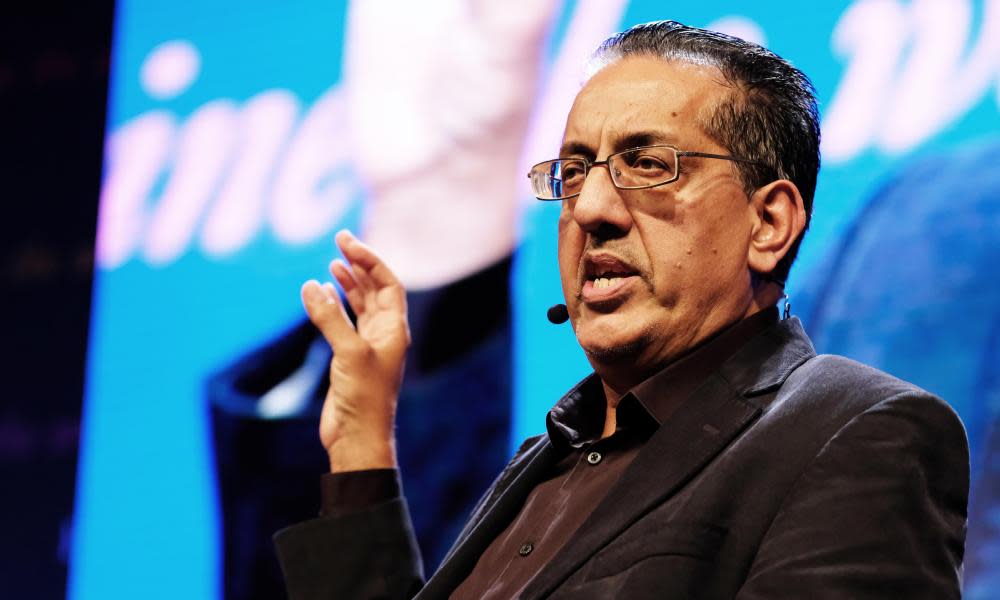Nazir Afzal: CPS, Met and Durham police 'closed ranks' over Cummings case

Nazir Afzal, a former regional chief prosecutor, has questioned the impartiality of Durham police, the Met and the Crown Prosecution Service (CPS) after they all rejected his requests for a thorough investigation into alleged lockdown breaches by Dominic Cummings.
Afzal, former north-west chief crown prosecutor, said the police and his successors had “closed ranks” on the issue and ignored the “deep public concern” over Cummings’ trip to Durham and Barnard Castle after they were exposed by the Guardian and the Daily Mirror.
The inaction of police and prosecutors has prompted Afzal and his lawyers to begin preparing a dossier of evidence on Cummings’ lockdown movements at the height of the pandemic. They have also issued an appeal to the public for help in compiling it.
Last month lawyers for Afzal urged CPS and the Met to thoroughly investigate why the prime minister’s chief aide left his home in London for Durham on the day his wife showed coronavirus symptoms and when he admitted there was a “distinct probability” he had already caught the virus too.
They also asked Durham police to reopen its investigation into Cummings movements in the county, claiming its initial three-day probe was “short, narrow and limited”.
Both police forces and the CPS have now rejected the request. Explaining its decision, in letter to Afzal, the Met said: “It would not be prudent for resources to be spent on the same or similar allegations.”
default
Durham police refused to add to its press statement about its investigation which found Cummings had probably breached health protection regulations when he took a 52-mile round trip to Barnard Castle with his wife and son on her birthday. But it made no finding over Cummings’ initial decision to leave London, because it was confined to his movements in County Durham.
The CPS told Afzal it would take no action unless invited to do so by the police.
Afzal, whose older brother Umar died of coronavirus when he was self-isolating at home on 8 April – when Cummings was in Durham – said: “Contrary to my experience while in post, neither the police nor the CPS appear to have an interest in this important issue of deep public concern.”
He also questioned their impartiality, adding: “You have to ask, what do they have to hide and whose side are they on?”
Last week the former chief constable of Durham, Mike Barton, said Cummings’ behaviour had made it more difficult for officers to enforce the rules and his name had been cited by some as as an excuse for law-breaking.
Barton added: “If the public don’t think the police are operating in a fair and impartial way, you won’t get their trust and you won’t get their support.”
The warning came as research showed that Cummings’ behaviour was a key factor in breaking down a sense of national unity over the lockdown.
Afzal said: “It doesn’t fill me with much confidence that they chose to close ranks when the recent survey shows that public compliance with the lockdown regulations was significantly impacted by the actions of Cummings and the inadequacy of the government and police response.”
Afzal’s solicitor, Mike Schwarz, a partner at the firm Hodge Jones & Allen, said: “We appeal to any witness who can shed light on Mr Cummings’ activities, especially in March and April, to come forward. We are driven by what others should be doing – compiling a dossier of evidence and making our own assessment as to whether a prosecution should follow and presenting it to the director of public prosecutions.”

 Yahoo News
Yahoo News 
